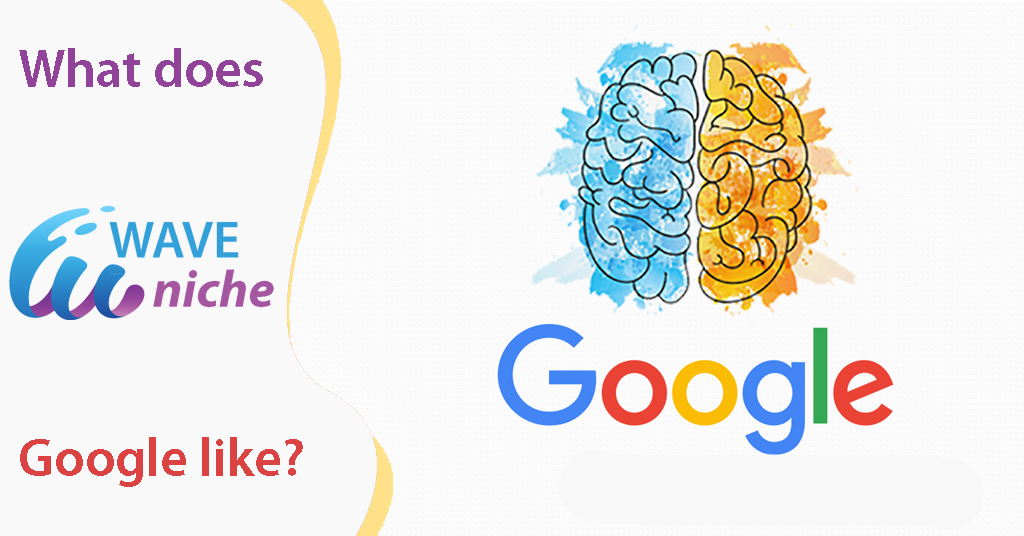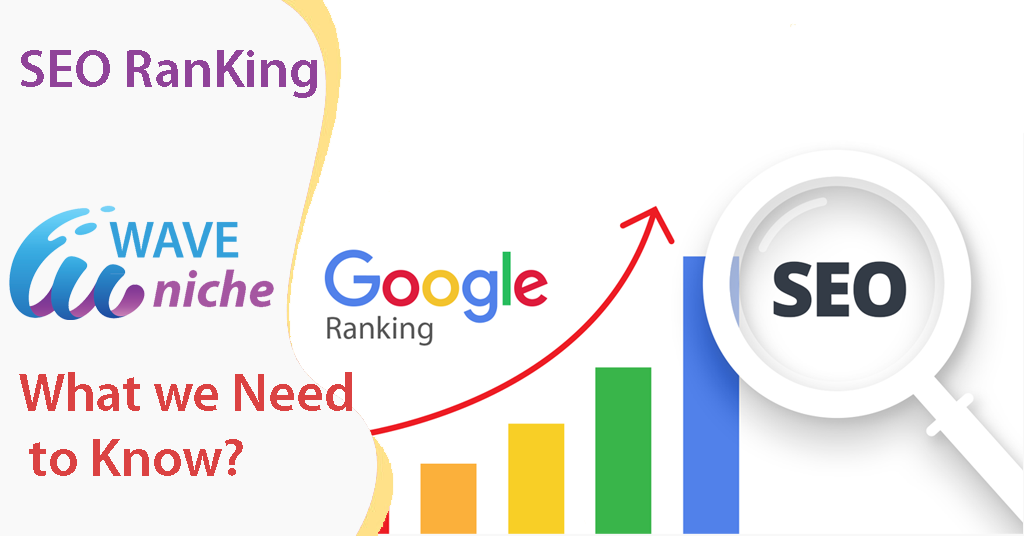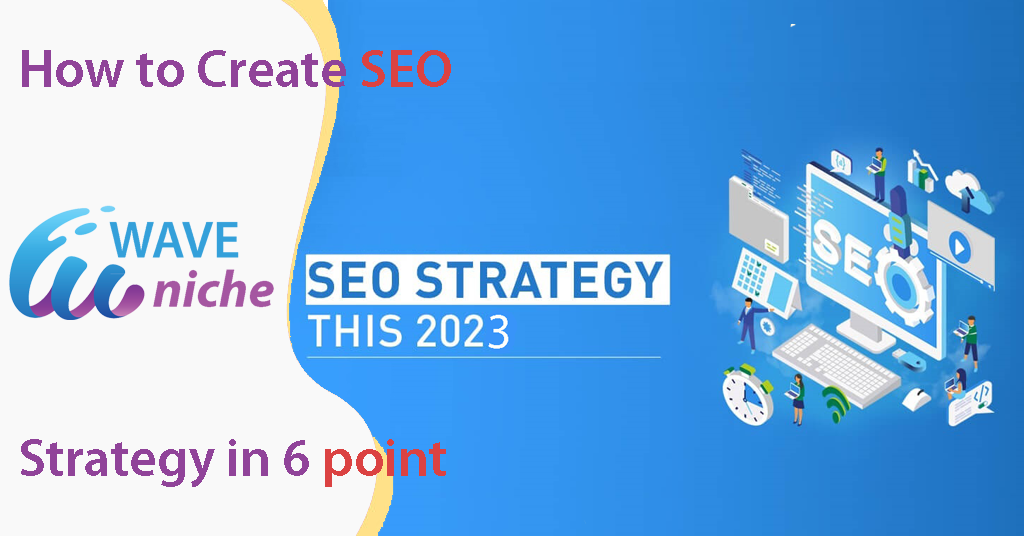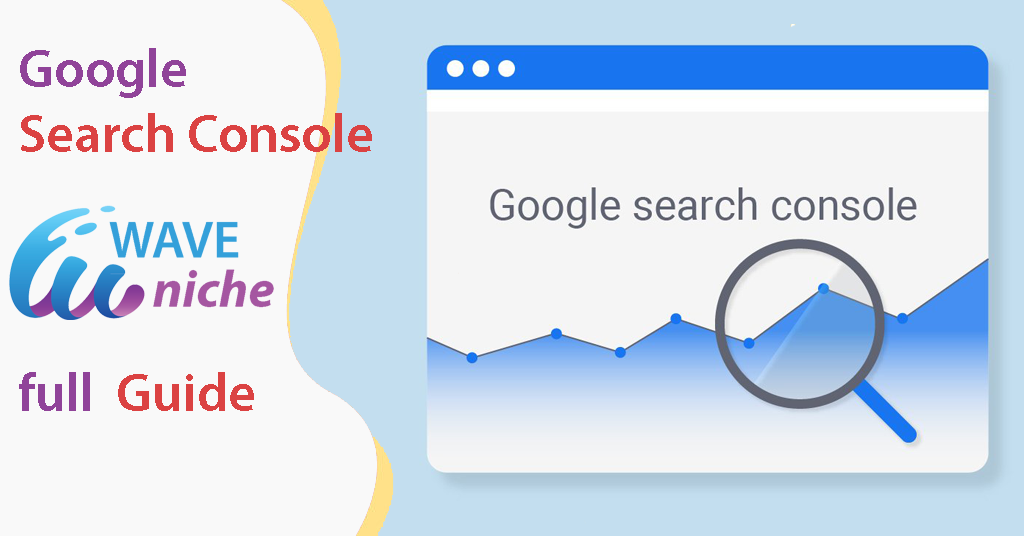Search Engine Optimization (SEO) is important for any business that wants to build an online presence and sell online. When we write engaging SEO content, Google rewards us by placing web pages higher in search results, giving you more visibility. This can increase the number of visitors to your site who may just turn out to be customers. But creating optimized copy is more than just typing in keywords and hoping for the best. Incorporating SEO into your content is an art, and like any art, it takes practice and a little creativity.
So here’s our guide to help you add SEO to your writing so you can rank higher in search.
1. Don’t overdo the keywords
You may have seen articles that repeat the same words over and over. This mistake is known as “keyword overstuffing” and is penalized by Google.
Your writing should make sense. If you keep repeating the same keywords, it will be unreadable and confusing, resulting in a terrible user experience. When considering your keyword usage, keep both Google and your audience in mind.
Google wants to see the following:
- Using keywords that serve your readers what they want
- Creating high-quality texts
- Your audience wants to read content that matches their search intent, and they want the text to make sense. If you’re creating content that your audience doesn’t want to read, then you won’t rank well in search.
So when it comes to using keywords, make sure you only use keywords where they make sense. Google is smarter than you think, and in order to rank high, you need to serve up content that uses keywords in a logical way.
2. Find out what your audience wants to see
Before writing any ad copy, it’s important to determine the search intent of your audience.
Broadly speaking, there are three main types of search intent:
- Informational: About 80% of searches are informational. This is when the audience is looking for answers or information. For example, they might search, “What are the best tables for toddlers?”
- Navigation: This is when the user knows what type of website or web page they want to visit
- Transactional: This is when the user wants to buy something specific
That’s why before you write your ad copy, find out what your audience wants. Do they want to learn more about something in particular? Are they trying to buy something? This will guide your copy and ensure that everything you write is relevant to your audience.
To understand your audience’s search intent, use tools like:
- Semrush, this will tell you the exact search intent of your audience
- Google Autocomplete
- Google’s “People also ask” section.
Google prides itself on helping people find what they want, when they want it. So focusing on search intent is key to your success when it comes to SEO.
To use search intent in your texts, you can use search queries as headings and subheadings in your text, write entire articles for queries, or optimize product and service descriptions to match what people are searching for.
3. Make sure your content is relevant
Search engines prioritize content that is highly relevant and informative. But sometimes creating relevant content is easier said than done.
When it comes to creating content, it’s important to stay on topic, be brief, and be informative. Make sure your content matches your audience’s search intent.
Google also takes into account how long users spend on a web page. If people immediately leave your page, it means that your content is not relevant for them. So, create content that meets the needs of your audience, whatever they may be, as this will ensure that your content ranks high in search.
Here are some additional tips to show Google that your content is relevant:
- Use the keywords your audience is searching for
- Use your main keywords at the beginning of your texts
- Answer questions asked by your audience
4. Speak like your audience
Your audience will be searching for things in a very specific way, and it’s important to mimic that in your ad copy.
If your audience is searching for “best chairs for kids”, use that phrase as a keyword.
Mimicking popular search terms will optimize your text, making it relevant to what your audience is searching for.
5. Don’t underestimate the power of headlines
We’ve already mentioned titles, but because they deserve so much importance, they have their own section. Let’s be real – when you’re searching for something on Google, you’re unlikely to click on a web page with a dumb title.
Headlines have the ability to grab your audience’s attention. They’re also an easy way to tell Google and your audience what your page is about.
Here are some easy ways to optimize your headlines:
- Make sure your headlines match your main ad text
- Use primary keywords in your titles
- Use your audience’s popular search phrases in your headlines
When it comes to headlines, be careful about their length. Titles over 60 characters are shortened by Google. So to avoid getting your headline cut off, keep it short and to the point.
6. Optimize your metadata
Metadata tells Google what your web page is about, and although it may not always be visible to users, it can be very valuable.
It is important to put your main keywords in your meta tags, meta descriptions and meta titles as this will help Google read your content and determine its relevance.
When it comes to metadata, put effort into your titles and descriptions, because not only can they form the snippets of text that appear in your search listings, but they’ll also tell Google what your content is about.
Make sure your titles and descriptions are as carefully thought out as your main ad copy, as this will help Google index your web pages higher in search results.
7. Write about people
Above all, keep the user at the forefront of your mind. When writing SEO copy, it can be easy to get carried away with formulas and best tips, when in reality, writing for people is the best way forward.
Writing that is engaging, unique and informative will always trump content that is created just for search engines. The goal should not be ranking, but rather providing the information the user is looking for.
At the end of the day, Google just wants to provide users with the best possible content for their search queries. If you can deliver this in a way that is more in-depth, unique and engaging than your competitors, you will certainly rank well.




